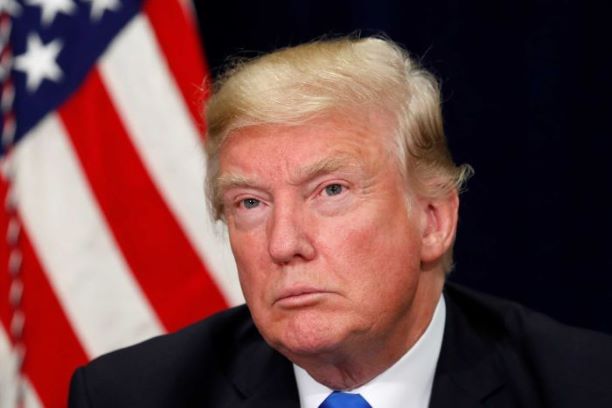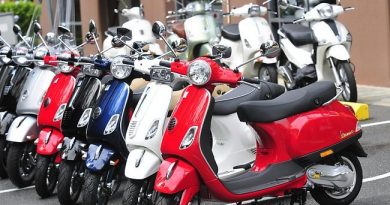Battle Between Trump Administration and California on Auto Emissions Splits Auto Industry
 Now Backed by General Motors et al
Now Backed by General Motors et al
The action by General Motors, Fiat Chrysler and Toyota, while not completely unexpected, would have disappointed many of their supporters , as their actions are expected to further delay any movement on establishing any understanding between the trump Administration and the state of California.
In doing so, besides other key automakers like Ford Motors, Honda, BMW, Volkswagen and more, they have also gone against 22 other states that are standing with California in its lawsuit against the EPA. California matters, and is able to get its way simply because of the sheer size of its own market. Depending on the definition, it has a 12-14% share of the total US market for cars, a share that is even higher in electric vehicles. The ‘big 3’ US owned automakers, namely Ford, GM and Chrysler do even worse here, thanks to the dominance of foreign owned brands.
California, which has been in the news this month for the wild fires raging across the state and causing serious damage, has not shied away from a fight, when it comes to the environment. The state has some of the toughest laws on emissions, and now provides some of the most generous subsidies for solar and storage, besides mandating solar power for new construction too. And its residents seem willing to pay a price for it too. With some of the highest energy prices in the country, its not like the space for political opposition to the state’s green moves does not exist. It does, and it has been pushed back more than once.
As the classic ‘legacy; auto makers , which have already been accused earlier of trying to strange growth of the EV segment, the three auto makers have also put their reputations and possibility of action in future at risk, should the Trump administration be shown the door, in the US elections next year.
Interestingly, General Motors, which has struggled to adapt to the new era of fuel efficient vehicles and transition the EV’s the most, has struggled in India, and finally decided to quit the country, primarily because of its failure to put out products that suit the local markets requirements for quality fuel efficient vehicles. So for Indians at least, its latest move will be no surprise.




